These 12 Dog Breeds Are Being Banned in America
In neighborhoods across America, discussions about breed-specific legislation (BSL) have become increasingly heated. These laws, aimed at regulating or outright banning certain dog breeds, claim to prioritize public safety. Yet, the debate goes on—are these restrictions fair, or are they based on misunderstood stereotypes? Let’s explore a few of the breeds frequently caught in the crossfire of these contentious regulations.
American Pit Bull Terrier
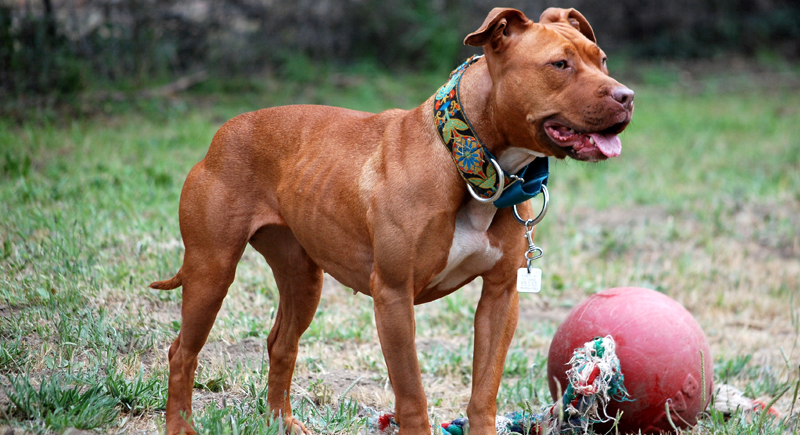
Credit: Wikimedia Commons
American Pit Bull Terriers are no strangers to controversy. Despite their reputation as loyal and affectionate companions, they are often singled out in BSL due to their strength and history in dogfighting rings. In Denver, Colorado, owners need special permits to keep these dogs legally. Interestingly, studies show that Pit Bulls don’t rank highest in aggression tests compared to smaller breeds like Dachshunds and Chihuahuas.
American Staffordshire Terrier

Credit: iStockphoto
Closely related to the Pit Bull Terrier, the American Staffordshire Terrier shares a similar fate in areas with breed restrictions. In Melvindale, Michigan the breed is outright banned. Yet, the American Staffordshire Terrier has a gentle side—many are known to excel in therapy roles and offer comfort to hospital patients and children.
Staffordshire Bull Terrier
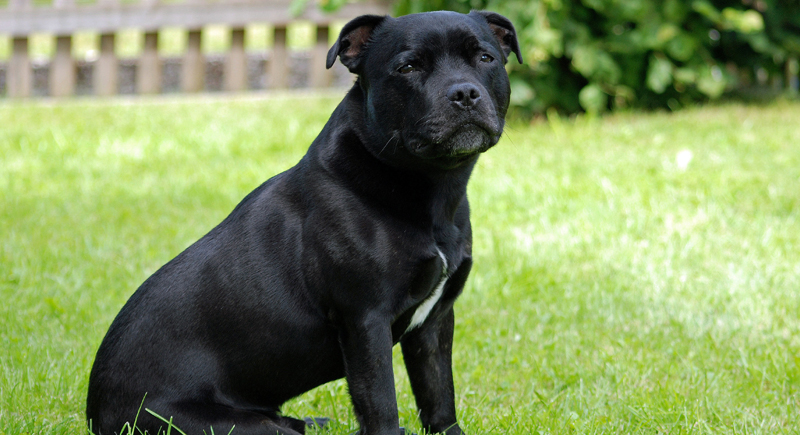
Credit: Wikimedia Commons
Staffordshire Bull Terriers, affectionately nicknamed “Staffies,” are beloved in their native England, often called “nanny dogs” for their bond with children. In the U.S., their muscular build and resemblance to Pit Bulls place them under scrutiny. Prince George’s County, Maryland, bans the breed entirely.
Bull Terrier
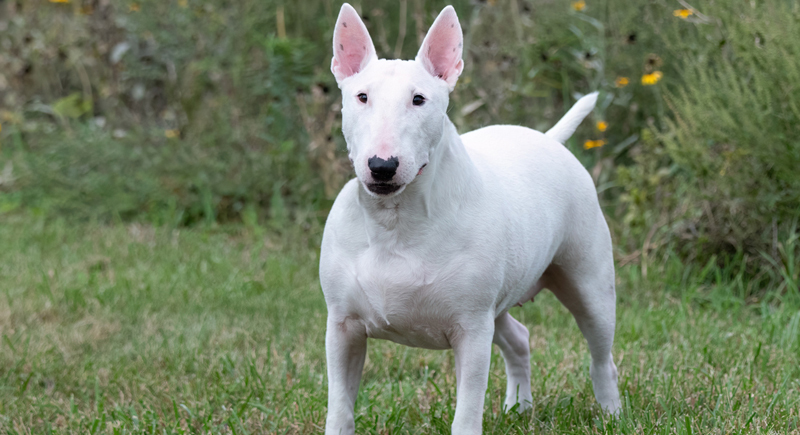
Credit: iStockphoto
Bull Terriers may be famous for their egg-shaped heads and playful personalities, but that fails to exempt them from scrutiny. In places like Royal City, Washington, these dogs are labeled as dangerous unless specific exceptions apply, such as being service animals. Mixed-breed dogs with Bull Terrier traits often face similar treatment.
Rottweiler
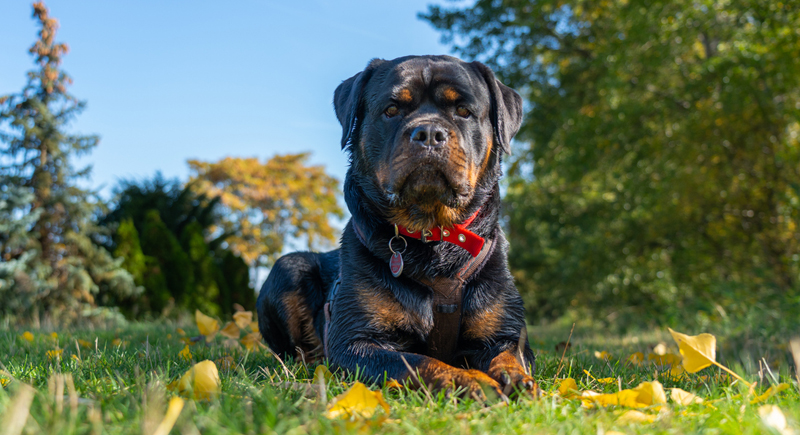
Credit: iStockphoto
Rottweilers may look intimidating, but they’ve served humans for centuries as herders, guardians, and even search-and-rescue dogs. Despite their versatility, places like Royal City, Washington, have banned the breed entirely. Nevertheless, Rottweilers are highly trainable and, with responsible ownership, make devoted companions.
American Bulldog
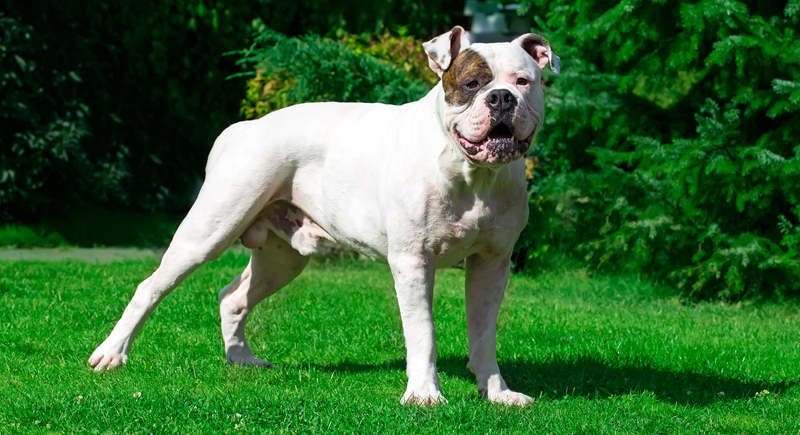
Credit: iStockphoto
The American Bulldog is another muscular and robust breed that frequently finds itself grouped with other restricted dogs. In certain parts of the U.S., such as Royal City, Washington, these dogs are banned alongside Pit Bulls and Rottweilers. Despite their inclusion in these lists, American Bulldogs are celebrated by owners for their courage and unwavering loyalty, particularly toward children.
Perro de Presa Canario (Canary Dog)
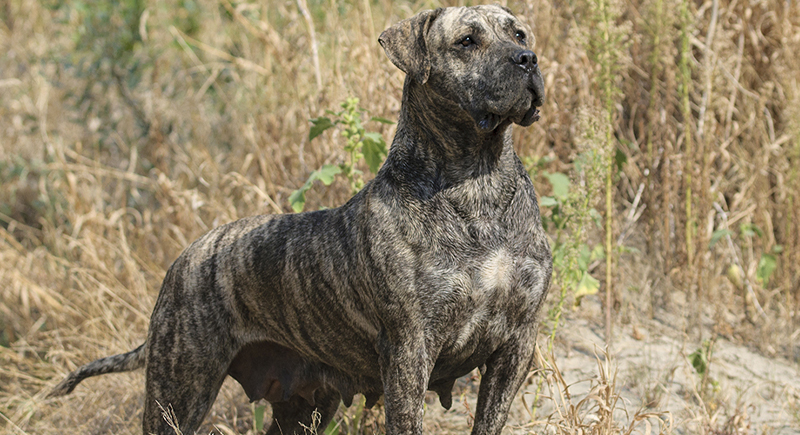
Credit: Wikimedia Commons
The Perro de Presa Canario, a breed with a powerful presence, faces tight regulations in various regions, including Wheeling, West Virginia. Here, they are often labeled as “vicious,” requiring muzzling, confinement, and hefty insurance policies for ownership. While their size and strength can be intimidating, these regulations often paint a one-dimensional picture of a multifaceted breed.
Mixed Breeds with Restricted Traits
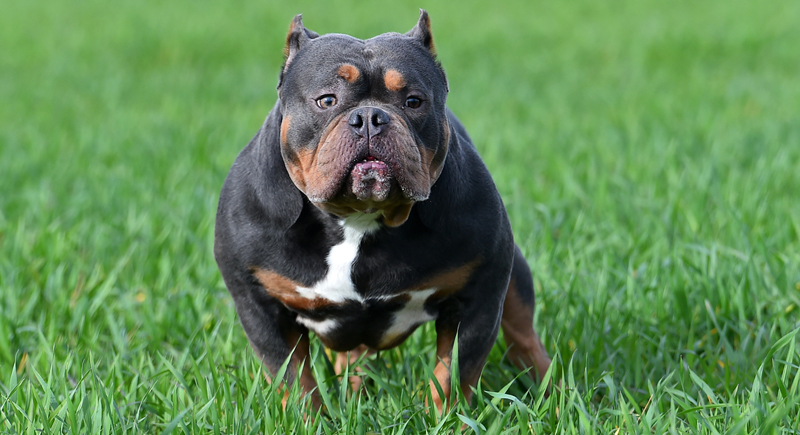
Credit: iStockphoto
Laws targeting specific breeds often extend to mixed-breed dogs that resemble restricted ones. For example, in Independence, Missouri, dogs with physical traits similar to Pit Bulls or Rottweilers must adhere to the same stringent requirements. This approach often creates challenges for mixed-breed owners, who may struggle to prove their dogs’ heritage.
Doberman Pinscher
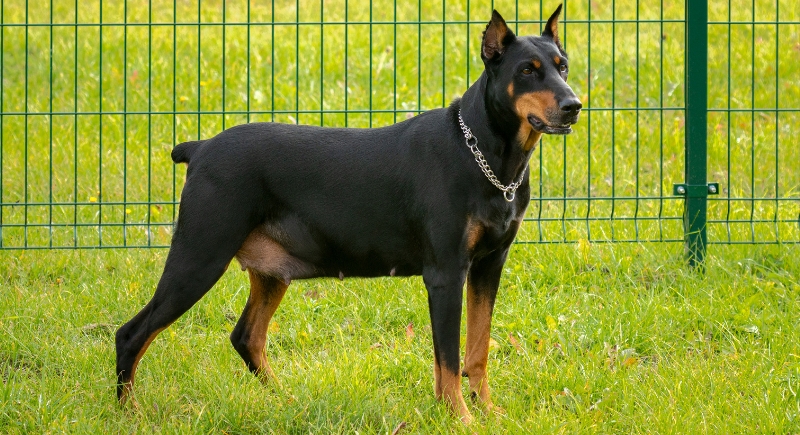
Credit: Getty Images
Despite their intelligence and loyalty, this breed is a target of breed-specific legislation due to their imposing stature and protective instincts. In cities like Junction City, Kansas, there are strict regulations mandating muzzling and secure enclosures for them. Worse still, in New York City, the city’s Housing Authority’s pet policy excludes them from permissible breeds. The dog’s 245–305 PSI bite force also raises eyebrows. However, studies have shown Dobermans to be less aggressive than some smaller breeds, and they remain prevalent in the police and military.
Bullmastiff

Credit: Reddit
While revered as gentle giants with protective instincts, Bullmastiffs frequently fall under BSL scrutiny due to their formidable size and strength. The breed is banned outrightly in Melvindale, Michigan, and Prince George’s County, Maryland, despite temperament tests showing the bullmastiffs score above average in stability per the American Temperament Test Society. However, owners in Springfield, Missouri, must carry liability insurance for the breed, reflecting fears tied to their approximately 130 lbs weight and 550 PSI bite force.